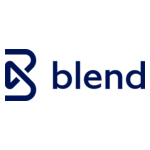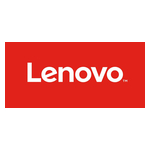Russians get bond… on blockchain
The Russians have got bond! Before you drop your Martini (shaken, not stirred) in shock, then chill out as it’s just Sberbank, NSD and MTS closing a deal on a commercial bond issue using blockchain.

“Blockchain can change the world just as much as the internet”
As reported in May, Russian telco and digital service provider MTS placed the bonds using smart contracts, making it the “first transaction of its kind” in the country.
For the transaction, the National Settlement Depository (NSD) provided its proprietary blockchain platform based on Hyperledger Fabric 1.1. The primary bond buyer was Sberbank.
Now we’ve moved on and the trio says the corporate and investment banking business of Sberbank has carried out redemption of the nominal cost of MTS’s RUB 750 million ($12.1 million) commercial bonds.
Andrey Shemetov, VP and head of the global markets department of Sberbank, says: “Blockchain can change the world just as much as the internet. This technology is very important to the banking sector as it allows expenses to be reduced, significantly increases the speed and security of transactions and provides an unprecedented level of trust and transparency for all transactions.”
Eddie Astanin, NSD’s chairman of the executive board, adds: “The NSD has already implemented several successful cases using blockchain, including the first ICO in the central bank’s sandbox and issue of securities with the largest players of the financial market. We see demand for the technology and its benefits and will actively develop it by creating infrastructure to record digital assets.”
According to the firms, a complete security deal using smart contracts – from issue to full execution of the issuer’s obligations to the investor – was “successfully carried out”.
Commercial bonds are privately-traded unsecured fixed income securities that are placed on the OTC market through a private subscription.
Prior to the transaction, a complete delivery versus payment settlement model was created using blockchain, which allows securities and money to be transferred simultaneously.
The issuer, NSD and investor had access to the decentralised platform to carry out the deal. During the project, the confidentiality of work with accounts was provided, and special aspects of Russian law were taken into account.










































